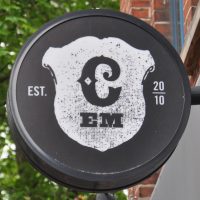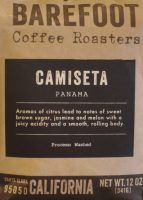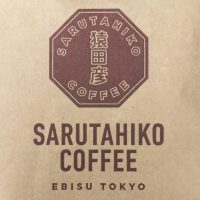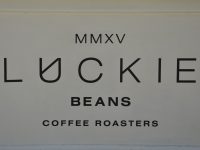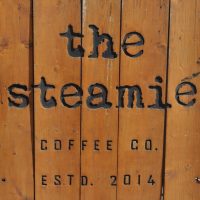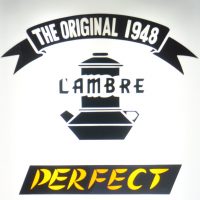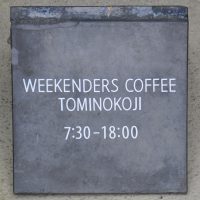 I first became aware of the Ethiopian Coffee Company not long after starting the Coffee Spot, when I discovered its stall at the Southbank Centre Food Market (which I’ve still not written up, despite visiting the market last weekend!). Back then the Ethiopian Coffee Company had a coffee shop which, if memory serves, was in Bow, but was in the process of moving to new premises in Islington. Since then I’ve enjoyed the Ethiopian Coffee Company’s coffee in Liverpool, for example, at Coffee & Fandisha, but I’ve never made it to the “new” coffee shop.
I first became aware of the Ethiopian Coffee Company not long after starting the Coffee Spot, when I discovered its stall at the Southbank Centre Food Market (which I’ve still not written up, despite visiting the market last weekend!). Back then the Ethiopian Coffee Company had a coffee shop which, if memory serves, was in Bow, but was in the process of moving to new premises in Islington. Since then I’ve enjoyed the Ethiopian Coffee Company’s coffee in Liverpool, for example, at Coffee & Fandisha, but I’ve never made it to the “new” coffee shop.
Four years on, and the new coffee shop, which goes by the name Ground Control, is not so new anymore, but I’ve finally managed to pay a belated visit. As the name suggests, the Ethiopian Coffee Company only roasts coffee from Ethiopia, the birthplace of coffee. There’s a monthly blend on espresso, a single-origin on pour-over, plus a wide selection of tea from Cardiff’s Waterloo Tea. If you’re hungry there are toasties and cake, all served in a delightful, compact spot with almost as many seats outside as in. It’s so lovely, in fact, that you’d be justified in asking what took me so long…

